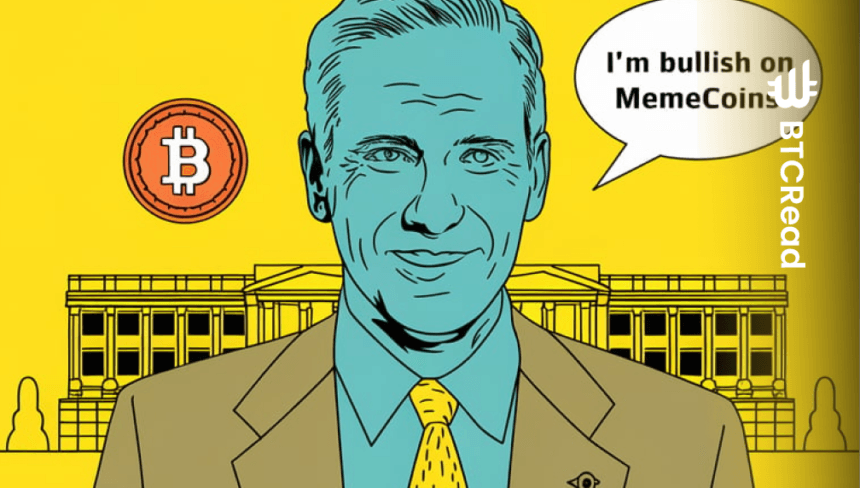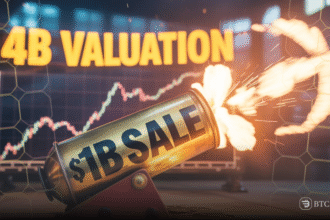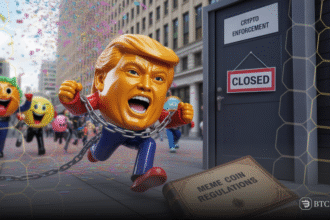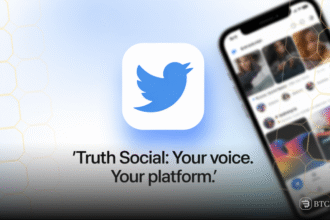Former CEO of crypto exchange BitMEX, Arthur Hayes, in his recent article, outlined a perspective on political memecoins, framing them as tools that may revolutionize modern elections.
He argued that memecoins could become the ultimate political advertising medium, particularly in the United States, where the 2026 elections might witness a surge in personal political brands driven by these digital assets.
According to Hayes, coins like $TRUMP have the potential to reshape campaign strategies and public engagement. Political popularity, as Hayes suggests, revolves around perception rather than belief. Memecoins provide a platform for individuals to support politicians anonymously, creating zero-knowledge proof of their backing.
This allows for honest financial expressions of political allegiance without the fear of social judgment. Unlike traditional polls, memecoin prices reflect genuine support, as people invest based on expectations of political success.
He highlighted platforms like Polymarket as early examples of this trend. Despite controversies and government pushback, such platforms have demonstrated how crypto-based tools can gauge public sentiment more accurately than traditional media narratives. Hayes believes these political coins traded on decentralized exchanges are unstoppable, thanks to their decentralized and transparent nature.
Memecoins and voter engagement strategies
Memecoins not only capture popularity but also incentivize voting. As a holder of a politician’s coin, a voter has a vested interest in their candidate winning. This links political action to personal gain in a concrete way, making it a practical method of mobilizing support.
The phenomenon is not isolated to the United States. Hayes also wonders if it can happen in Europe, where Germany’s forthcoming elections can see other political parties making use of memecoins to upend political landscapes.
In Britain, political parties like Reform UK can also use memecoins to become political forces to be reckoned with again. Hayes also rebutted political memecoin criticism, indicating that political memecoins facilitate transparency in political funding and accountability of politicians.







